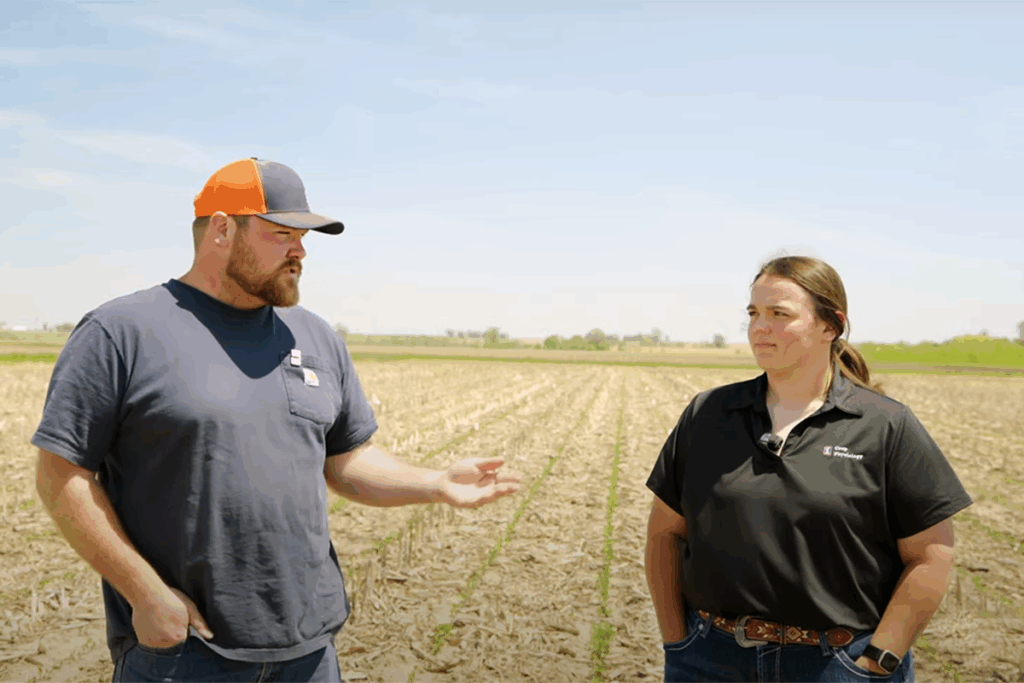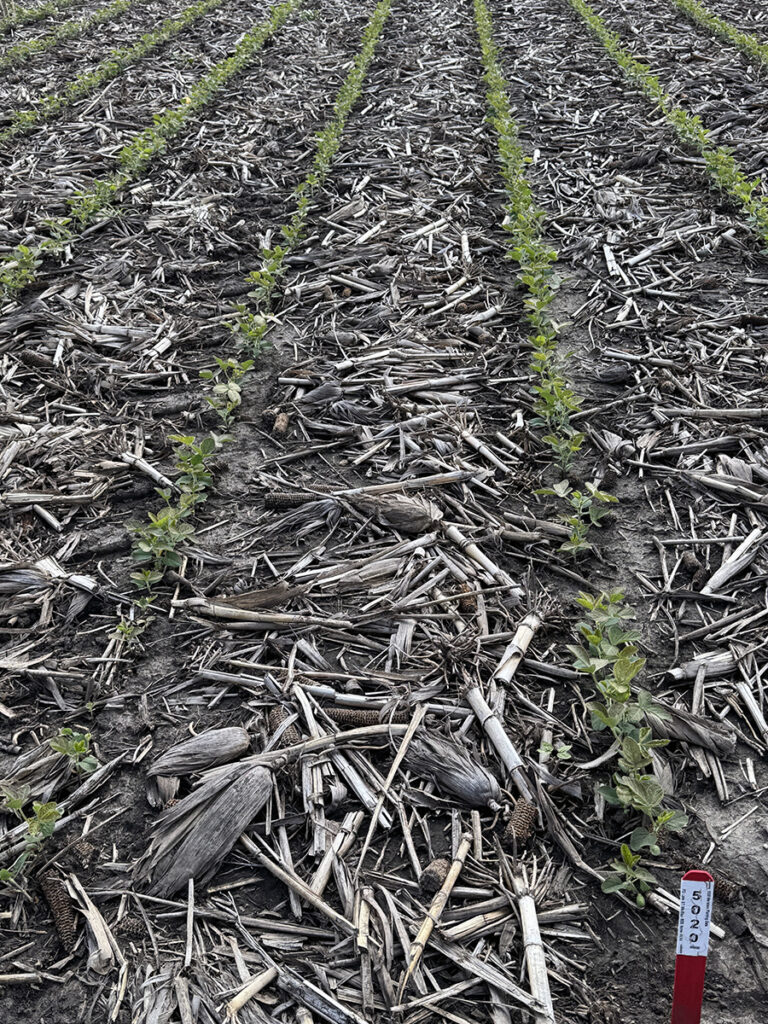Dr. Fred Below: It’s win-win for everybody.

Third-party research is an important component of Meristem’s mission to help farmers produce more bushels for less.
“We know our products perform for farmers. Our patented Bio-Capsule Technology™ consistently guarantees delivery of living biology to where the farmer needs it. We’re excited to go beyond our own research by working with the University of Illinois to help farmers take cost out and go for higher yields,” said Mitch Eviston, Meristem Crop Performance Founder and CEO. “Working with the research team led by Dr. Fred Below just makes sense. They’re the best in the business. This third-party research will not only document the efficacy and value of products like Hopper Throttle™ MaxStax™ and Excavator AMS with Cyclestrike™ but also help guide future product development in the growing biological market to help farmers derive more yield and more profit per acre.”
Meristem has committed an unrestricted gift of $450,000 over three years to fund graduate students working with the University of Illinois Department of Crop Sciences Crop Physiology Lab. Through his decades of work in the lab, Below has developed the “Seven Wonders of the Corn Yield World” and the “Six Secrets of Soybean Success” as valuable agronomic tools to aid farmers in crop management decisions.
“We’ve watched Meristem develop and grow and they put a big investment into our research program,” Dr. Below said. “I’ve learned the mindset of farmers is: ‘Don’t tell us what doesn’t work. Tell us what is possible, and we’ll make the decision.’ So that’s a huge focus of how we try to do things. We don’t develop products. We validate technologies and we show synergies for how companies and growers can get more out of those technologies.
“But university research has to act like a small business — we have to raise all the resources. We need students, people, equipment, and facilities. That all costs money and boy are these relationships crucial. That’s what keeps us in in business. I think partnerships like this with Meristem are beneficial for the grower, they’re certainly a way for us to continue to do our work and train our students, and we’re going to teach the industry how to get more value out of the products they’re using. I think it’s win-win for everybody.”

Dr. Connor Sible, University of Illinois Research Assistant Professor, works alongside Dr. Below with a focus onhigh yield corn and soybean production systems, including work with biological crop inputs. Sible is also working in the areas of crop residue management, genetics, harvest physiology, and tissue testing. The intent of the Meristem funding is to be used at the discretion of the researchers for continued research in the field of high yield soybean production conducted by Dr. Sible.
“Farming is complicated with pest management, seed selection, nutrient management, and many other factors. The biggest challenge is that they all interact,” Sible said. “Farmers work with practices. They buy input products. How do they interact together? If biologicals are really going to be the next big input sector, it’s going to come down to broad-scale education on things like handling these products and understanding the actives. Then farmers can use that information to decide which type of product may be the best fit for their farm. That is really the value of this research.”
Back to Newsroom